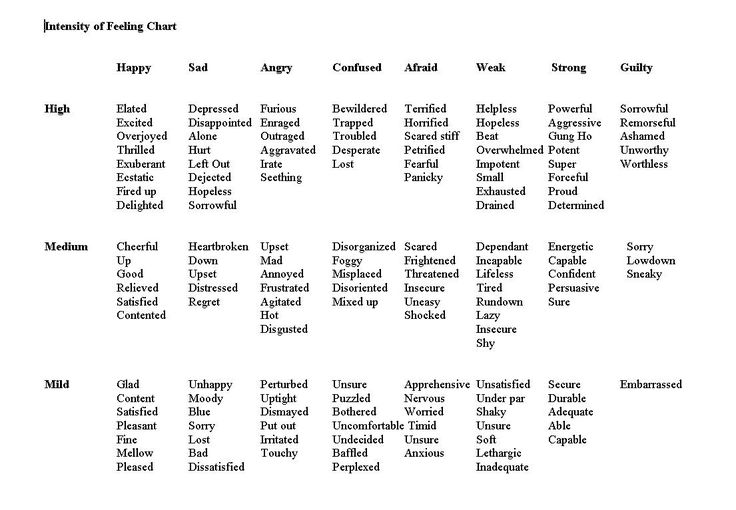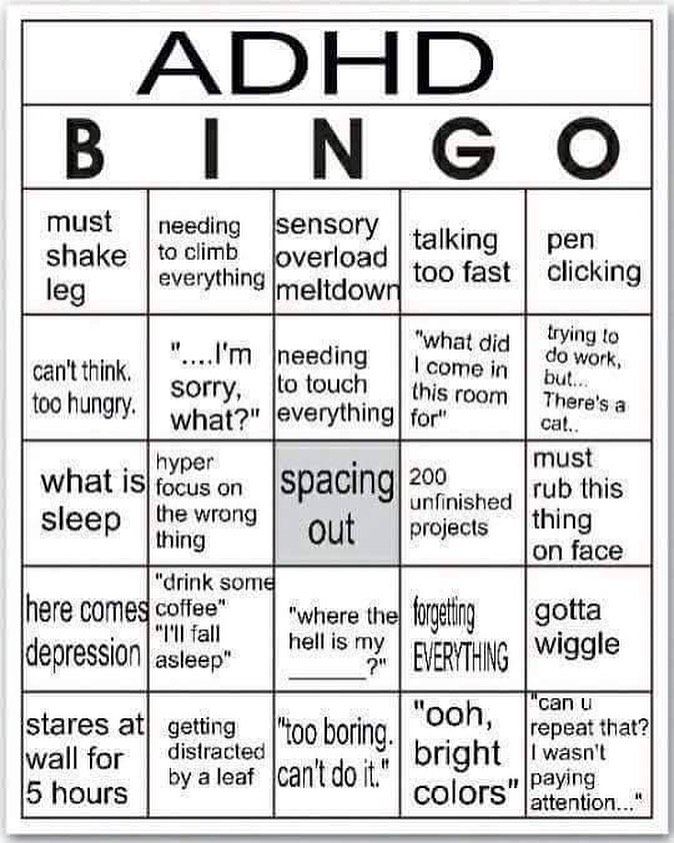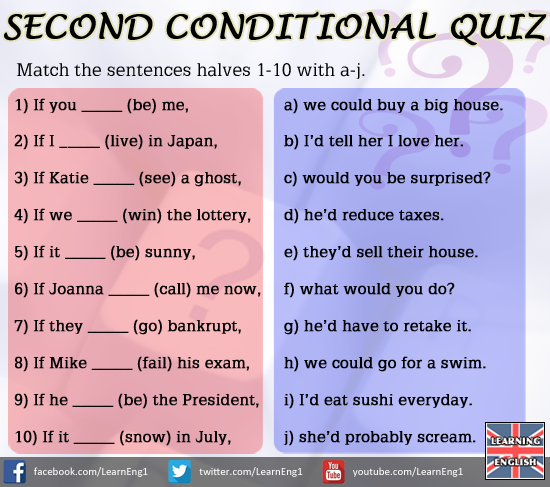Causes of did
Dissociative Identity Disorder
Dissociation is a common, naturally occurring defense against childhood trauma. When faced with overwhelming abuse, children can dissociate from full awareness of a traumatic experience. Dissociation may become a defensive pattern that persists into adulthood and can result in a full-fledged dissociative disorder.
Formerly known as Multiple Personality Disorder, Dissociative Identity Disorder (DID) is a condition in which a person has two or more distinct identity or personality states, which may alternate within the individual's conscious awareness. The different personality states usually have distinct names, identities, temperament, and self-image. At least two of these personalities repeatedly assert themselves to control the affected person's behavior and consciousness, causing long lapses in memory that far exceed typical episodes of forgetting. Additionally, physiological conditions, such as direct effects from substance use or general medical conditions such as seizures, must be ruled out.
Impact
Having a loved one who has DID can be painful, confusing, and may evoke all kinds of emotional reactions. If you become aware of the abuse, you may feel angry, anxious, sad, or disgusted, along with empathy and worry. It may be hard keeping track of all the personalities (or "alters") if you have experienced them. Often, persons with DID cannot tell which of the alters is out at a given time and do not expect their loved ones to know either. A major adjustment for relatives and friends is the constant switching between personalities. Integration can bring about significant changes in a personality as the different alters grow and change dramatically. Although you may feel like the person you knew no longer exists, the part that you knew before integration still exists. Now you know more of him or her.
Causes
The main cause of DID is believed to be severe and prolonged trauma experienced during childhood, including emotional, physical or sexual abuse.
The development of dissociative identity disorder is understood to be a result of several factors:
- Recurrent episodes of severe physical, emotional or sexual abuse in childhood.
- Absence of safe and nurturing resources to overwhelming abuse or trauma.
- Ability to dissociate easily.
- Development of a coping style that helped during distress and the use of splitting as a survival skill.
- While abuse is frequently present, it cannot be assumed that family members were involved in the abuse.
Symptoms
Many symptoms of DID are similar to those of other physical and mental disorders, including substance abuse, seizure disorder and post-traumatic stress disorder.
The common symptoms of DID include:
- Inability to remember large parts of childhood.
- Unexplained events and inability to be aware of them (such as finding yourself somewhere without remembering how you got there or new clothes that you have no recollection of buying).

- Frequent bouts of memory loss or "lost time."
- Sudden return of memories, as in a flashback and/or flashback to traumatic events.
- Episodes of feeling disconnected or detached from one's body and thoughts.
- Hallucinations (sensory experiences that are not real, such as hearing voices talking to you or talking inside your head).
- "Out of body" experiences.
- Suicide attempts or self-injury.
- Differences in handwriting from time to time.
- Changing levels of functioning, from highly effective to nearly disabled.
Persons with DID may also have problems with:
- Depression or mood swings.
- Anxiety, nervousness, panic attacks and phobias (flashbacks, reactions to stimuli or "triggers").
- Eating disorders.
- Unexplained sleep problems (such as insomnia, night terrors, and sleep walking).
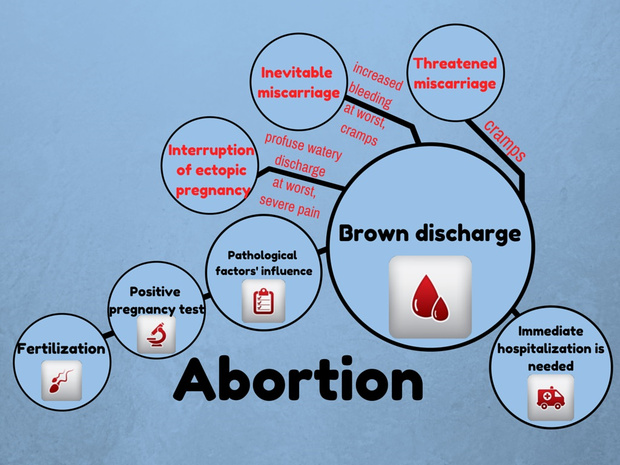
- Severe headaches or pain in other parts of the body.
- Sexual dysfunction, including sexual addiction and avoidance.
Seeking Help
The diagnosis of DID requires medical and psychiatric evaluation which can include specific questions about dissociation, prolonged interviews, and journals between visits. Specially designed questionnaires are used to screen and diagnose DID.
Seek professional medical help if you (or a loved one) have significant, unexplained memory loss, a chronic sense that your identity or the world around you is blurry or unreal, and you experience a major change in behavior when under stress. Immediate emergency care should be sought if there are serious thoughts of self-harm, suicide or homicide.
Early intervention and psychotherapy for experiences of abuse/trauma in both children and adults can help prevent the formation of dissociative symptoms and dissociative disorders.
Intervention and Treatment
Left untreated, DID can last a lifetime.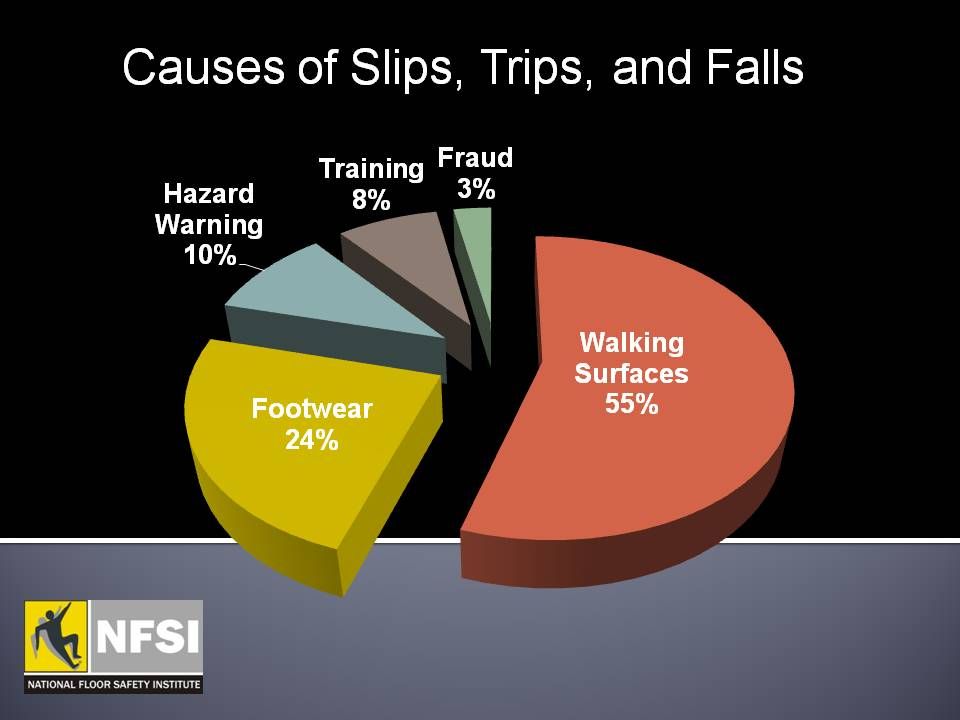 While treatment for DID may take several years, it is effective. Persons with DID may find that they are better able to handle the symptoms in middle adulthood. Stress, substance abuse, and sometimes anger can cause a relapse of symptoms at any time. As a good standard of care, persons with DID should be treated by a mental health professional with specialized training and experience with dissociation. Since physical illness can sometimes mimic or contribute to a psychological disorder, a complete physical examination by a physician is warranted when there are concerns about physical conditions. For significant mood disorders and psychiatric conditions, a psychiatric consult is necessary.
While treatment for DID may take several years, it is effective. Persons with DID may find that they are better able to handle the symptoms in middle adulthood. Stress, substance abuse, and sometimes anger can cause a relapse of symptoms at any time. As a good standard of care, persons with DID should be treated by a mental health professional with specialized training and experience with dissociation. Since physical illness can sometimes mimic or contribute to a psychological disorder, a complete physical examination by a physician is warranted when there are concerns about physical conditions. For significant mood disorders and psychiatric conditions, a psychiatric consult is necessary.
- Psychotherapy. Treatment for DID consists primarily of individual psychotherapy and can last for an average of five to seven years in adults. Individual psychotherapy is the most widely used modality as opposed to family, group or couples therapy. The main goal for treatment is the integration of the separate personality states into one cohesive, unified personality, unless the person with DID is not ready or motivated to work with trauma.
 Psychotherapy for dissociative disorders often involves techniques that help work through the trauma that triggers dissociative symptoms. Treatment may include the following stages: uncovering and "mapping" the alters or parts; treating the traumatic memories and "fusing" the alters; and consolidating the newly integrated personality.
Psychotherapy for dissociative disorders often involves techniques that help work through the trauma that triggers dissociative symptoms. Treatment may include the following stages: uncovering and "mapping" the alters or parts; treating the traumatic memories and "fusing" the alters; and consolidating the newly integrated personality. - Family Therapy is recommended to help educate the family about DID and its causes, to understand the changes that can take place as the personality is being reintegrated, as well as help family members recognize symptoms of recurrence. Family therapy for a person with DID may produce significant negative and traumatic memories of other family members which can hinder clinical progress.
- Group therapy may be beneficial in addition to individual therapy, provided the group is exclusively for people with dissociative disorders. Persons with DID can sometimes have setbacks in mixed therapy groups because others may be bothered or disturbed by the personality switches.

- Medications. There is no medication to treat DID since it is not an organic disorder or a chemical imbalance. However, antidepressants and anxiolytics might help with mood disorders.
- Clinical Hypnosis. Despite controversy about therapists implanting false memories by suggestion, clinical hypnosis can be used in conjunction with psychotherapy when conducted safely by a trained therapist. Hypnosis can help clients access repressed memories, control problematic behaviors, such as self-mutilation and eating disorders, and help fuse the alters during the integration process.
Find a therapist in your area using AAMFT's Therapist Locator
Dissociative disorders - Symptoms and causes
Overview
Dissociative disorders are mental disorders that involve experiencing a disconnection and lack of continuity between thoughts, memories, surroundings, actions and identity. People with dissociative disorders escape reality in ways that are involuntary and unhealthy and cause problems with functioning in everyday life.
Dissociative disorders usually develop as a reaction to trauma and help keep difficult memories at bay. Symptoms — ranging from amnesia to alternate identities — depend in part on the type of dissociative disorder you have. Times of stress can temporarily worsen symptoms, making them more obvious.
Treatment for dissociative disorders may include talk therapy (psychotherapy) and medication. Although treating dissociative disorders can be difficult, many people learn new ways of coping and lead healthy, productive lives.
Products & Services
- Book: Mayo Clinic Family Health Book, 5th Edition
- Newsletter: Mayo Clinic Health Letter — Digital Edition
Symptoms
Signs and symptoms depend on the type of dissociative disorders you have, but may include:
- Memory loss (amnesia) of certain time periods, events, people and personal information
- A sense of being detached from yourself and your emotions
- A perception of the people and things around you as distorted and unreal
- A blurred sense of identity
- Significant stress or problems in your relationships, work or other important areas of your life
- Inability to cope well with emotional or professional stress
- Mental health problems, such as depression, anxiety, and suicidal thoughts and behaviors
There are three major dissociative disorders defined in the Diagnostic and Statistical Manual of Mental Disorders (DSM-5), published by the American Psychiatric Association:
- Dissociative amnesia.
 The main symptom is memory loss that's more severe than normal forgetfulness and that can't be explained by a medical condition. You can't recall information about yourself or events and people in your life, especially from a traumatic time. Dissociative amnesia can be specific to events in a certain time, such as intense combat, or more rarely, can involve complete loss of memory about yourself. It may sometimes involve travel or confused wandering away from your life (dissociative fugue). An episode of amnesia usually occurs suddenly and may last minutes, hours, or rarely, months or years.
The main symptom is memory loss that's more severe than normal forgetfulness and that can't be explained by a medical condition. You can't recall information about yourself or events and people in your life, especially from a traumatic time. Dissociative amnesia can be specific to events in a certain time, such as intense combat, or more rarely, can involve complete loss of memory about yourself. It may sometimes involve travel or confused wandering away from your life (dissociative fugue). An episode of amnesia usually occurs suddenly and may last minutes, hours, or rarely, months or years. - Dissociative identity disorder. Formerly known as multiple personality disorder, this disorder is characterized by "switching" to alternate identities. You may feel the presence of two or more people talking or living inside your head, and you may feel as though you're possessed by other identities. Each identity may have a unique name, personal history and characteristics, including obvious differences in voice, gender, mannerisms and even such physical qualities as the need for eyeglasses.
 There also are differences in how familiar each identity is with the others. People with dissociative identity disorder typically also have dissociative amnesia and often have dissociative fugue.
There also are differences in how familiar each identity is with the others. People with dissociative identity disorder typically also have dissociative amnesia and often have dissociative fugue. - Depersonalization-derealization disorder. This involves an ongoing or episodic sense of detachment or being outside yourself — observing your actions, feelings, thoughts and self from a distance as though watching a movie (depersonalization). Other people and things around you may feel detached and foggy or dreamlike, time may be slowed down or sped up, and the world may seem unreal (derealization). You may experience depersonalization, derealization or both. Symptoms, which can be profoundly distressing, may last only a few moments or come and go over many years.
When to see a doctor
Some people with dissociative disorders present in a crisis with traumatic flashbacks that are overwhelming or associated with unsafe behavior. People with these symptoms should be seen in an emergency room.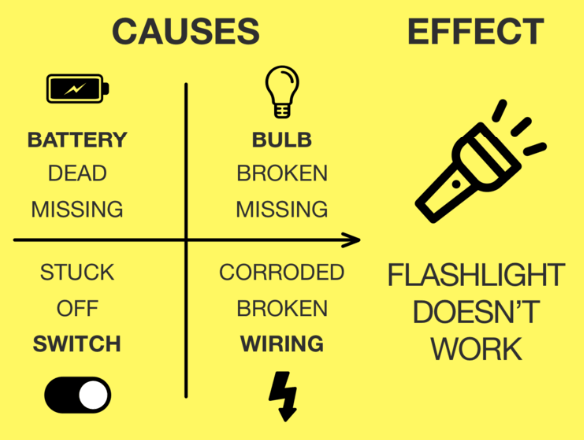
If you or a loved one has less urgent symptoms that may indicate a dissociative disorder, call your doctor.
Suicidal thoughts or behavior
If you have thoughts of hurting yourself or someone else, call 911 or your local emergency number immediately, go to an emergency room, or confide in a trusted relative or friend. Or contact a suicide hotline. In the U.S., call or text 988 to reach the 988 Suicide & Crisis Lifeline, available 24 hours a day, seven days a week. Or use the Lifeline Chat. Services are free and confidential.
Request an Appointment at Mayo Clinic
From Mayo Clinic to your inbox
Sign up for free, and stay up to date on research advancements, health tips and current health topics, like COVID-19, plus expertise on managing health.
To provide you with the most relevant and helpful information, and understand which
information is beneficial, we may combine your email and website usage information with
other information we have about you. If you are a Mayo Clinic patient, this could
include protected health information. If we combine this information with your protected
health information, we will treat all of that information as protected health
information and will only use or disclose that information as set forth in our notice of
privacy practices. You may opt-out of email communications at any time by clicking on
the unsubscribe link in the e-mail.
If you are a Mayo Clinic patient, this could
include protected health information. If we combine this information with your protected
health information, we will treat all of that information as protected health
information and will only use or disclose that information as set forth in our notice of
privacy practices. You may opt-out of email communications at any time by clicking on
the unsubscribe link in the e-mail.
Causes
Dissociative disorders usually develop as a way to cope with trauma. The disorders most often form in children subjected to long-term physical, sexual or emotional abuse or, less often, a home environment that's frightening or highly unpredictable. The stress of war or natural disasters also can bring on dissociative disorders.
Personal identity is still forming during childhood.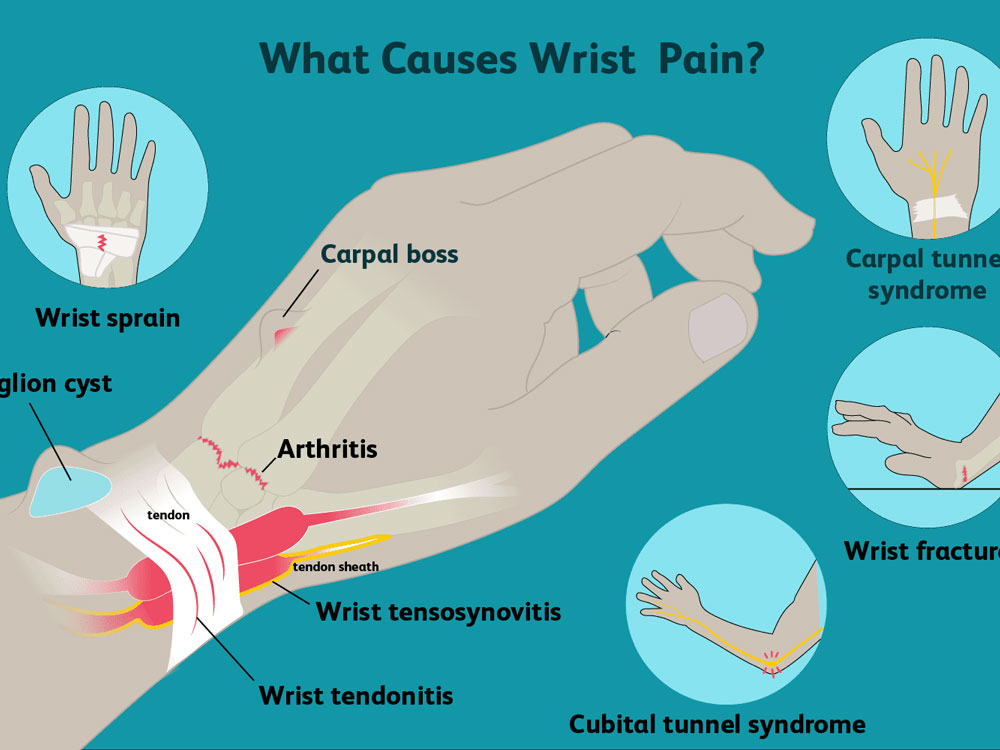 So a child is more able than an adult to step outside of himself or herself and observe trauma as though it's happening to a different person. A child who learns to dissociate in order to endure a traumatic experience may use this coping mechanism in response to stressful situations throughout life.
So a child is more able than an adult to step outside of himself or herself and observe trauma as though it's happening to a different person. A child who learns to dissociate in order to endure a traumatic experience may use this coping mechanism in response to stressful situations throughout life.
Risk factors
People who experience long-term physical, sexual or emotional abuse during childhood are at greatest risk of developing dissociative disorders.
Children and adults who experience other traumatic events, such as war, natural disasters, kidnapping, torture, or extended, traumatic, early-life medical procedures, also may develop these conditions.
Complications
People with dissociative disorders are at increased risk of complications and associated disorders, such as:
- Self-harm or mutilation
- Suicidal thoughts and behavior
- Sexual dysfunction
- Alcoholism and drug use disorders
- Depression and anxiety disorders
- Post-traumatic stress disorder
- Personality disorders
- Sleep disorders, including nightmares, insomnia and sleepwalking
- Eating disorders
- Physical symptoms such as lightheadedness or non-epileptic seizures
- Major difficulties in personal relationships and at work
Prevention
Children who are physically, emotionally or sexually abused are at increased risk of developing mental health disorders, such as dissociative disorders.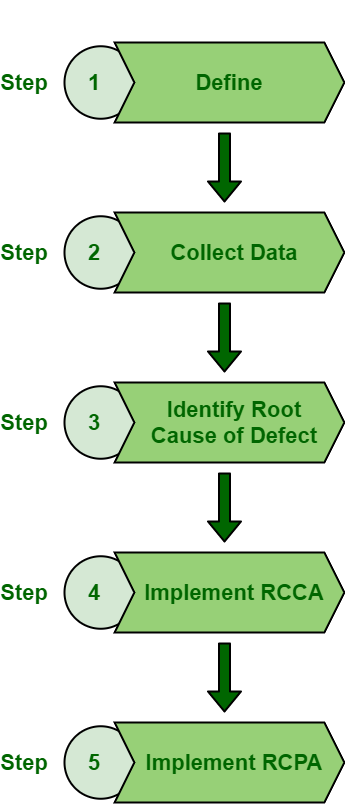 If stress or other personal issues are affecting the way you treat your child, seek help.
If stress or other personal issues are affecting the way you treat your child, seek help.
- Talk to a trusted person such as a friend, your doctor or a leader in your faith community.
- Ask for help locating resources such as parenting support groups and family therapists.
- Look for churches and community education programs that offer parenting classes that also may help you learn a healthier parenting style.
If your child has been abused or has experienced another traumatic event, see a doctor immediately. Your doctor can refer you to a mental health professional who can help your child recover and adopt healthy coping skills.
By Mayo Clinic Staff
Related
Associated Procedures
Products & Services
Explanatory note - sample 2022
No one is insured against being late and other minor violations of discipline at work. Usually in such a situation, management asks to write an explanatory note.
Dmitry Sergeev
employer
Author profile
Natalya Kuular
HR specialist
I'll tell you how to do it right - so that you don't ruin your relationship with your boss and lose your job.
What is an explanatory note
An explanatory note is a document in which an employee explains to his manager why a particular situation has arisen at the workplace.
Most often, it is associated with employee misconduct - for example, absenteeism, being late for work, or losing important documents.
And it also happens like this: the report was not submitted on time, because a colleague was absent and did not provide data. In this case, the explanatory note will help the management figure out who is really to blame. And a well-written explanatory note helps to avoid responsibility or mitigate it. nine0003
If you refuse to write an explanatory note, this usually means that the employee admits his guilt, and most often leads to disciplinary action or even dismissal.
Legal significance. The procedure for demanding an explanation from an employee is in the labor code: if the employer believes that the employee is to blame for something, he cannot be immediately punished. It is necessary to offer to explain in writing the reasons for what happened - this is exactly what an explanatory note is needed for. The employee is given at least two working days to prepare it. nine0003
Art. 193 of the Labor Code of the Russian Federation
If two days have passed and the employee has not provided explanations, an act will be drawn up about this. After that, you can be punished. The employer has the right to punish the employee with a disciplinary sanction, such as a remark, reprimand, or even dismissal. It turns out that explanatory is closely related to penalties. But if you refuse to write an explanatory note, this will not save you from a penalty.
Art. 192 of the Labor Code of the Russian Federation
When the employer has received an explanatory note or the employee's refusal to write it, he has two options. nine0003
nine0003
The first is to understand and forgive the worker. This rarely happens, but it does happen. For example, the employee will give good reasons that will explain the misconduct. Or the boss will stop being angry and decide not to punish him. To impose a disciplinary sanction is the right of a manager, not an obligation.
Second - within a month from the day when the misconduct is discovered, issue an order for disciplinary action. Such an order must be announced to the employee signed within three working days from the date of issue. The employee may refuse to get acquainted with him, but the order from this does not become invalid. Further, the employee, at his discretion, either agrees with this order, or appeals against it in the state labor inspectorate or in court. nine0003
/work-punishment/
How to challenge a disciplinary sanction
Each organization has such a folder: it contains explanatory notes from employeesWhy write an explanatory note
An explanatory note is a way to justify yourself to management. Even in the most seemingly difficult cases, this can help. How it works - I will explain with examples.
Even in the most seemingly difficult cases, this can help. How it works - I will explain with examples.
Let's say manager Petrov was late for work. The boss noticed this and demanded an explanation.
What to do? 04/27/18
Employer makes you write explanations for being late for a minute
Petrov can refuse to give explanations at all - he will not be punished for the refusal itself. But they will wait two working days and will be punished for being late: they will announce a reprimand or a remark. To say later in court that it was impossible to punish without an explanatory note will not work, because Petrov had the opportunity to write it. And the fact that he refused of his own free will is no excuse.
In my opinion, refusal is not the best option. It looks like a confrontation between an employee and management. And the management does not understand not only the reason, but also what the employee is going to do next - all of a sudden he is going to be late further. nine0003
nine0003
Petrov may act differently. For example, write in an explanatory note like this:
Ivan Petrovich, I overslept, so I didn’t have time to work on time. This won't happen again.
The employee is likely to be punished: the reason for being late is not justified. But even such an explanation is better than none. The boss sees that the employee is aware of his wrong, does not go into opposition and is ready to correct himself.
But the explanatory note could be as follows:
On 12/11/2019, I actually arrived at my workplace 1 hour late. Reason: a heating pipe burst in my entrance, as a result of which the entrance was flooded with boiling water and it was impossible to get out of the apartment. nine0003
Since I was late for reasons beyond my control, please do not apply disciplinary action against me.
I am enclosing a certificate from the Criminal Code on a pipe rupture.
In this case, it is already more difficult to punish a person: he was late for reasons beyond his control. The employer must verify the information: if it is confirmed, the employee will not be punished, since there are no grounds for penalties.
The employer must verify the information: if it is confirmed, the employee will not be punished, since there are no grounds for penalties.
Amazing story 03/14/18
The employer fired the employee for absenteeism and paid
Even if the boss does not accept the employee's arguments and decides to punish him, with such an explanatory and certificate, it will be easier to appeal the order in the labor inspectorate and in court.
When an employee may be required to explain. Writing an explanatory note is the right of the employee. He can use it, or he can refuse.
Art. 192 of the Labor Code of the Russian Federation
But to demand an explanatory note from the employee is the duty of the employer, and the employer cannot refuse it. Without this, it is impossible to issue an order for a disciplinary sanction or withhold money from the employee's salary. Without an explanatory worker or without an attempt to demand it, such an order is illegal. nine0003
nine0003
But in practice, an explanation is required for any violation at work. Moreover, they can demand not only from the perpetrator, but also from witnesses of the incident, eyewitnesses or from the immediate supervisor of the perpetrator.
For example, a driver arrived at the garage with a damaged car. They begin to collect explanatory notes from everyone: from the driver, passengers, the head of the garage. At the same time, perhaps the management knows that the driver is not to blame - perhaps the accident was the fault of another driver. But explanatory notes are needed to confirm the driver's innocence and not to recover money from him for repairs. nine0003
Explanatory feature - it is required before a person is punished. And it’s not a fact that as a result a person will be punished. It happens that the management is satisfied with the explanations and the order for disciplinary action is not issued.
Giving explanations is not the duty of the employee. Anyone can refuse to give explanations. And the employer does not have the right to oblige the employee to give written explanations. The employer is not an investigator, but an explanatory note is not evidence during interrogation.
Anyone can refuse to give explanations. And the employer does not have the right to oblige the employee to give written explanations. The employer is not an investigator, but an explanatory note is not evidence during interrogation.
Art. 21, 22 of the Labor Code of the Russian Federation
All about work and earnings
How to change a profession, get more and what to earn. Twice a week in your mail
Types of explanatory notes
In practice, there are only two types of explanatory notes. They are not fixed in the law, but in real life they are written in only two situations.
Exculpatory. In it, the employee explains the reasons for his own inaction or incorrect actions.
Explanations or descriptions of the actions of others. nine0028 Such an explanatory note is written if there are several perpetrators of the misconduct and it is not clear to the employer which of them is to blame for what happened.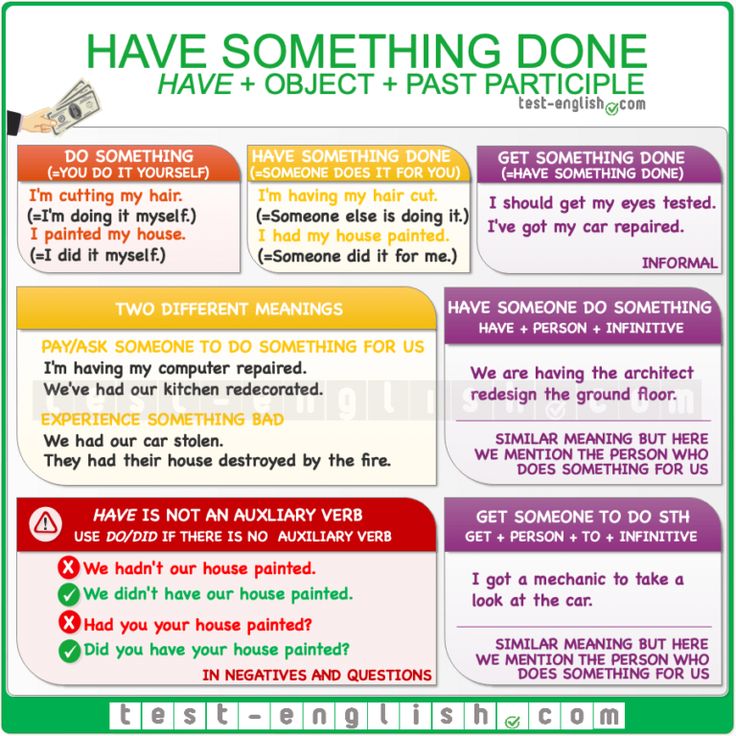 In this case, all participants are asked to write what happened, who did what. The written is analyzed - and after that, conclusions are drawn about the guilt or innocence of the participants.
In this case, all participants are asked to write what happened, who did what. The written is analyzed - and after that, conclusions are drawn about the guilt or innocence of the participants.
Notifying an employee about giving an explanation
Often there is such a situation: the boss bursts into the office and tells the employee: “Write an explanation!” In this case, the procedure for notifying the employee was violated. Even if he writes an explanatory note and then he is reasonably punished, he will be able to challenge the penalty in court. And there is a high probability that the penalty will be canceled. The court may decide that the employer violated the procedure for bringing to disciplinary liability. nine0003
In fact, it is not so easy to punish an employee correctly, according to the law, and so that he cannot later challenge the penalty in court. Although the procedure for imposing a penalty is prescribed in the labor code, the employer must comply with all the formalities so that the penalty is not canceled later.
What to do? 09/10/18
I want to fire a bad employee
But this is not always the case: managers often act on the basis of their own considerations of disciplinary sanctions. This works, but only until one of the punished goes to court or to the labor inspectorate. They begin to check everything, including whether the procedure complied with the formal requirements of the labor code. And if the employer missed at least something, there is a great chance that the penalty will be canceled, and the employee will then receive the right to compensation for damage. nine0003
Therefore, it is in the interests of any employee to be aware of all the formalities. If the boss does something illegally, the chance to challenge the penalty increases. From the point of view of the law, the employer must comply with the following algorithm:
- Draw up an act of violation. In the act, fix the time of the violation and its essence - what exactly happened.
 And also list all the participants in the events.
And also list all the participants in the events. - Require the employee to write an explanatory note. You can do this in two ways. The first is to issue an order or order requiring the employee to explain the circumstances. But this is usually done if the situation can lead to court proceedings or a major conflict. The second way is to verbally invite the employee to write an explanatory note. This method is simpler, but it will be more difficult to prove a position in court in case of a conflict. nine0134
- Give the employee at least two working days after that to write an explanatory note. During this time, he can familiarize himself with his job descriptions, orders, or even consult with lawyers. At the same time, it is impossible to rush the employee. It is also impossible to issue orders or orders for punishment during these two days - they can then be challenged precisely for the reason that the procedure was violated.
- If the employee has prepared an explanatory note, it is considered by the manager.
 nine0134
nine0134 - After consideration of the explanatory note, an order for collection is issued or not issued. This is decided by the leader. If the employee refused to write an explanatory note, they draw up an act of refusal. But even in this case, you must wait two business days.
- From the moment of drawing up the act of violation until the day the order is issued, no more than 30 days should pass. This period does not include vacation or illness of the culprit. If more than 30 days have passed, the recovery order can also be challenged. nine0134
If at least one item in this algorithm is omitted, the chances of challenging the recovery increase.
Amazing story 08/08/18
An employee left work for personal reasons and was fired. But this is not the way
Notifying an employee of the need to give explanations is not always easy. Usually, the procedure looks like this: a notification of giving an explanation is written in an order or order for an internal audit, and the employee signs it. From that moment on, he was acquainted and all the formalities were observed. nine0003
From that moment on, he was acquainted and all the formalities were observed. nine0003
But there are situations when an employee knows that he will be punished or fired, and in every possible way avoids getting acquainted. And then, when he is nevertheless fired, he goes to court and declares that his rights have been violated.
This tactic does not always work. In this case, the employer has the right to notify the employee in any available way: by telegram, sms, messenger message or registered mail with acknowledgment of receipt.
Here is an example from the court. The man skipped work. He was fired, and he went to court. He believed that since the employer did not demand an explanation from him, he could claim reinstatement and pay for forced absenteeism. And he also asked for compensation for moral damages. nine0003
In court, it turned out that after absenteeism, the man stopped appearing at work, and they tried to notify him of the need to give explanations by telegram. True, he did not receive the telegram, but they tried to hand it to him.
True, he did not receive the telegram, but they tried to hand it to him.
The court decided that the employer did everything right. The Labor Code says that it is mandatory to notify the employee, but it does not say in what form to do this. And if a person is not at work, you can do this by telegram. And the fact that he did not want to receive it is not the problem of the employer. He fulfilled his duties. The dismissal of the man was recognized as legal, he did not receive any compensation. nine0003
Rules for compiling an explanatory note
Form. There is no single statutory form for an explanatory note. It may depend on the situation. But, as a rule, it is composed briefly and dryly, limiting itself to a statement of facts and circumstances.
Structure of the text. I recommend compiling the text of the explanatory note as follows:
- Indicate the full title of the position of the head and the name of the organization, for example, "General Director of Horns and Hooves LLC Petrov V.
 V." nine0134
V." nine0134 - Specify the author of the explanatory note - write your full name, first name, patronymic and position in the organization.
- The title of the document is "explanatory".
- In some cases, you can specify the place where the document was drawn up. Sometimes this is important - for example, if an employee is on sick leave and writes an explanatory note not at the workplace, but at home.
- State the circumstances of the violation and the reasons for which it occurred, place and time.
- Describe your own role in the violation: what you did, why, and what you were guided by. nine0134
- Specify the consequences of the violation. This is important: sometimes the lack of consequences mitigates the severity of the punishment. For example, if an important document is lost forever, this can lead to serious losses. And if this document was lost, but quickly found, there are no consequences, which means that the penalty can be softer.
- What did it lead to.

- At the end, be sure to sign and indicate the date of writing.
The result will be something like this:
It was decided not to punish the author, and in fact we are not required to provide any explanation. And if you want to use this explanatory note as a template, you can download it from this linkStatement of reason. Explanatory notes are written not only because of violations. For example, in the text, an employee can indicate this:
I wrote an explanatory note on the oral instructions of the foreman of the production site.
If the penalty imposed after such an explanation is challenged in court, the employer may find himself in an unpleasant situation. Especially if he cannot confirm that he notified the employee in writing of the need to write an explanatory note.
And if it is written differently in the explanatory note, everything is in order. nine0003
The explanatory note was prepared on the basis of the order of the director of the enterprise to conduct an internal audit.
Mandatory details. The law does not list the mandatory details of the explanatory note. But this does not mean that you can write whatever you like. The document is drawn up according to the general rules of office work of your organization. The easiest way to find out these rules is in the personnel department, secretariat or office.
But in any case, you need to specify the following. nine0003
Addressee of explanatory note - as a rule, this is the head of an organization or a person who, according to his official duties, has the right to decide on punishment.
/pishi-po-sobstvennomu/
“Boss said I was sad”: 11 bad reasons to fire an employee
Address is the full name of the organization.
Applications - any documents that support the employee's arguments. These can be certificates - for example, about illness, injury or about an accident.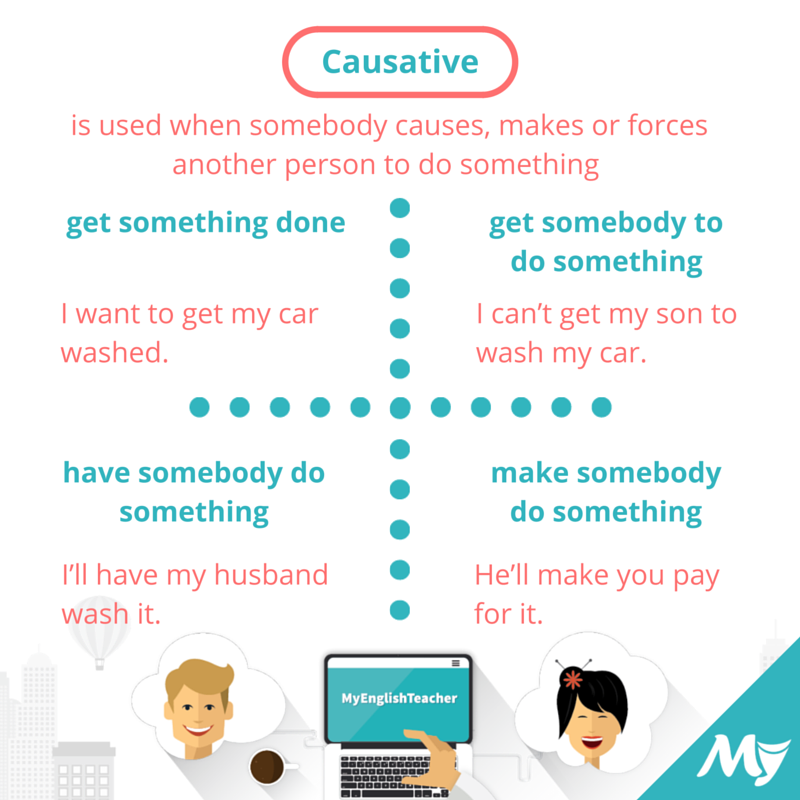 In some cases, they can confirm, for example, that being late or absenteeism was not the fault of the employee. nine0003
In some cases, they can confirm, for example, that being late or absenteeism was not the fault of the employee. nine0003
It can also be a decision to initiate a criminal case or a certificate from an emergency room - if the employee has become a victim of a crime. In this case, too, you can avoid punishment.
But the employee is not required to attach documents confirming his own guilt to the explanatory note.
Deadline for writing
An employee must be given at least two working days to write an explanatory note. This period does not include the period of vacation and illness.
How it works is easier to explain with an example. For example, an employee was asked to write an explanatory note today, and from tomorrow he has a scheduled vacation. In this case, it’s not worth rushing - you can safely go on vacation, take it off, and after leaving, there will be one more day left - it’s just enough to write an explanatory note.
Sometimes there is such a situation: the employee is on vacation, and the boss demands to come urgently to write an explanatory note. In order for everything to be in accordance with the law, the employee must be recalled from vacation by order - at least for one day. nine0003
In order for everything to be in accordance with the law, the employee must be recalled from vacation by order - at least for one day. nine0003
/prava/rabota/
Your rights at work
You can do this only with the written consent of the employee, and if he does not agree, you cannot force him. After that, he writes an explanatory note, and this day is either added to his vacation, or provided at another time convenient for the employee.
Art. 125 of the Labor Code of the Russian Federation
According to the law, it is impossible to recall a person from the sick leave so that he writes an explanatory note. This is not provided for by law - you will have to wait until the sick leave is closed. nine0003
Is it possible to refuse to write an explanatory note
The Constitution of the Russian Federation allows not to testify against oneself. Moreover, this applies not only to criminally punishable acts and administrative offenses.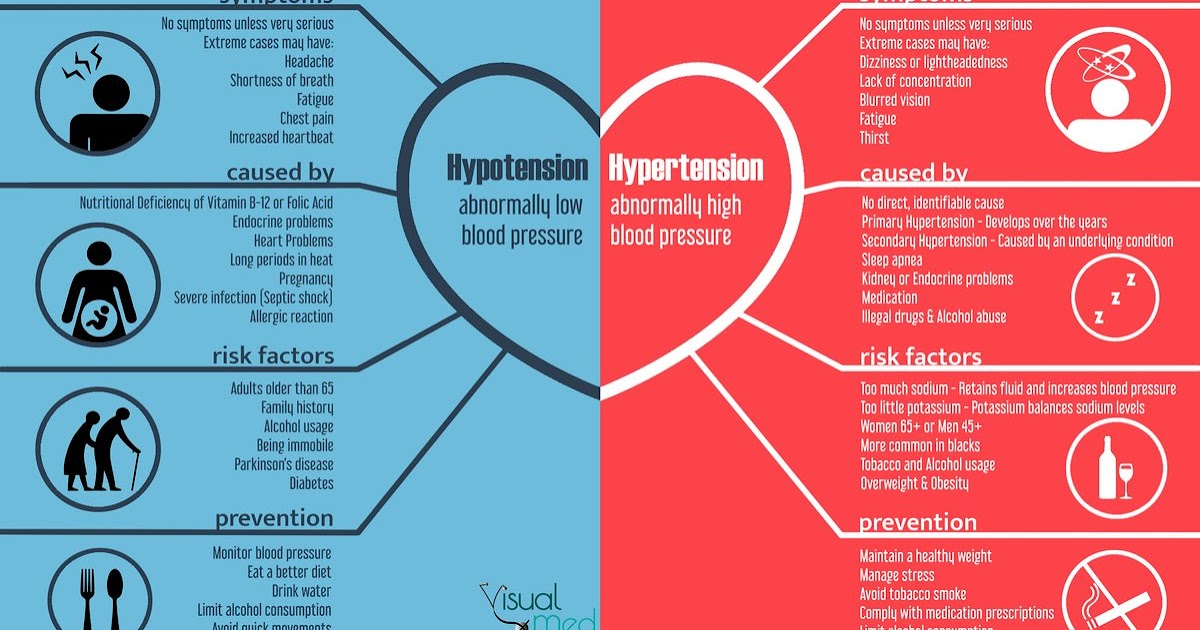 The same principle applies in labor law.
The same principle applies in labor law.
Art. 51 of the Constitution of the Russian Federation
If a person considers it necessary to justify himself, he can use any legal methods for this and give any arguments in an explanatory note.
But if he thinks that explanations can harm him, or simply does not want to give them, he can refuse. This is not a violation. nine0003
Consequences of refusal to prepare an explanatory note. You can refuse to draw up an explanatory note at any time. But this is not always a reasonable decision. Such a refusal does not solve the problem and does not release from responsibility for the misconduct committed.
Most often, the refusal to give explanations is regarded by the employer as an admission of guilt. The logic is this: we offered the person to explain everything, but he refused. So, guilty. In any case, the right to defense and fair trial is granted to the employee. nine0003
Silence can also be interpreted as if the employee committed an offense intentionally and intentionally.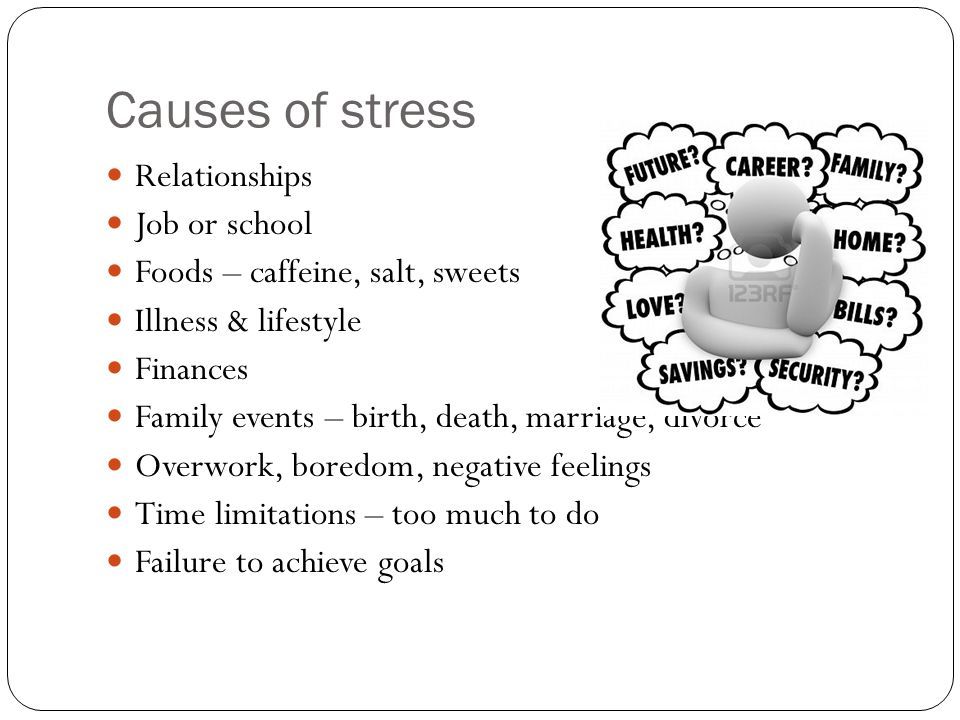 And the punishment in this case may be more severe than if the offense was committed by accident and without malicious intent.
And the punishment in this case may be more severe than if the offense was committed by accident and without malicious intent.
Employees must understand that their management cannot know what is going on with them until they themselves tell about it. Explanatory is one of the forms of such a story. It is official, not always pleasant, and often ends with the application of disciplinary measures. But it is precisely on the content of the explanatory that the rigidity of these measures depends. And the difference here is from a verbal remark to dismissal. nine0003
/dismissal-money/
What your employer owes you upon dismissal
When you can be fired. It is impossible to dismiss an employee for refusing to write an explanatory note. They can be dismissed or punished only for the misconduct itself - that is, for non-performance or improper performance by the employee through his fault of the labor duties assigned to him.
Art. 192 of the Labor Code of the Russian Federation
And the employee has no obligation to write an explanatory note. Although refusal does not exempt from disciplinary action. nine0003
Rejection certificate. A situation may arise when an employee categorically refuses to write explanations. Then the denial must be recorded. For this, an act of refusal is drawn up.
Such an act subsequently allows the employer to confirm that the employee was actually offered to explain himself, but he refused this right. It can only be drawn up after two days, which, according to the law, are put on an explanatory note. It is impossible to draw up an act before - suddenly the employee changes his mind. nine0003
Such an act is drawn up by the commission. It usually includes at least three people: a management representative and two more employees. These must be disinterested persons, otherwise the legitimacy of such an act can be challenged.
The following is indicated in the act:
- Name of the organization.

- Title — act of refusal to give explanations.
- Date and place of compilation.
- Brief description of the violation that the worker refused to explain.
- Reasons for refusal - they are recorded according to the employee. If a person does not want to talk about them, you can write that he did not want to explain the reason for the refusal.
- Signatures of the head and two members of the commission that drew up the act.
- Registration number of the document.
An employee who did not want to explain must familiarize himself with the signed act.
Terms of explanatory storage
The employer, having received an explanatory note, puts on it the incoming registration number of the document and, of course, the date of acceptance. nine0003
The storage period for an explanatory note depends on its content.
If such a note contains information about a violation of the internal labor regulations, it is kept for at least 1 year.
Clause 774 of the List of Standard Management Documents with an indication of the retention periods
If the note contains information about the prosecution of persons who have violated labor discipline, on issues of official conduct or on the settlement of a conflict of interest, such a note must be kept for at least 5 years. nine0003
p. 679, p. 680, p. 682, p. 694 of the List of standard management documents with an indication of the retention periods
The most difficult thing is with state civil or municipal employees. Explanatory notes on the facts of corruption violations, on compliance with the requirements for official behavior, regulation of conflicts of interest or official checks in relation to civil servants must be kept permanently.
It is important for a manager to meet these deadlines - so he can always confirm that he did everything right and did not violate anything. nine0003
Many managers believe that if you put explanatory notes in a folder, then you can fire an employee at any time.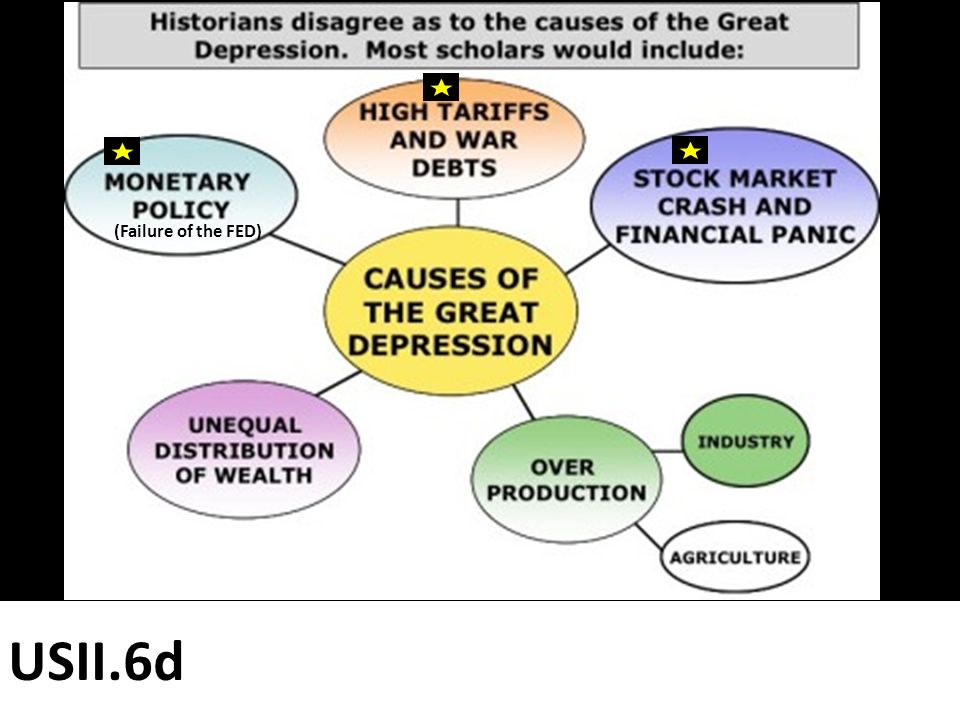 Just get all his explanatory notes from this folder, announce penalties for all the violations committed at once - and you can be fired.
Just get all his explanatory notes from this folder, announce penalties for all the violations committed at once - and you can be fired.
But that won't work. If an employee was not punished within a month, then even if he admits that he committed a violation, this will not help him to be fired. It is believed that if the manager has not exercised his right to impose a penalty within a month, then this can no longer be done. nine0003
/prava/uvolnenie/
Your rights upon dismissal
Sample explanatory notes
Employees often make mistakes when writing explanatory notes. There are situations when correct and competent explanations help to either correct the situation or avoid punishment. But instead, the employee with his explanations only exacerbates the situation.
People begin to explain one fact, and after reading the explanatory note, it becomes clear that there is not one violation, but several, and they were committed systematically.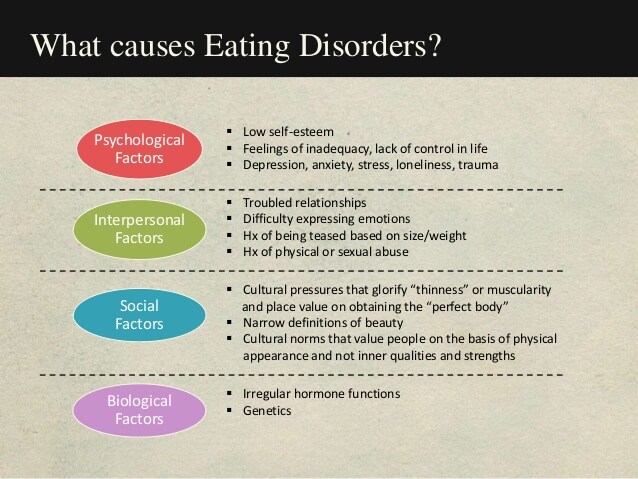 In this case, the punishment is always more severe. nine0003
In this case, the punishment is always more severe. nine0003
I advise you to follow the following rules when writing explanations:
- Do not write too much. Long and beautiful narratives only confuse the leadership. It is difficult for him to figure out and understand who is really guilty. In my personal experience, the longer the explanatory note, the longer the recovery order.
- Write only what is relevant. There is no need to start the description with how you got up and had breakfast. Start immediately from the moment of violation.
- Explain the situation to the supervisor. Nobody forbids you to argue in your defense - use it.
- Be objective. You should not shift the blame for a drunken spree at the workplace to the stars and the full moon or to the neighbor with empty buckets that you met at the entrance. If there are no objective arguments in your defense, it is easier to admit guilt.
- Don't write beautifully - write simply.
 The more complex the sentences, the worse the text is perceived.
The more complex the sentences, the worse the text is perceived. - A good explanatory note is a short explanatory note. nine0098 Everything is simple, clear and there are no meaningless words in it.
- Grammar errors, blots and strikethroughs, unreadable handwriting and dirty paper irritate management.
I will give some examples of real explanations and tell you how they could be written correctly.
About the incident. Unfortunately, the most common incidents are drinking in the workplace.
Here is an example: several employees drank alcohol at work. Gotcha. I had to explain myself to management. As a result, such an explanatory appeared. nine0003 The girls did not have enough money for a sauna, but they had enough for "2 cola beers" - that is, for two two-liter bottles And here is a story about a lack of money, an unemployed husband and immense respect for the leadership
The girls honestly tried to justify themselves, but from this text the leadership it is clear that they agreed to have fun in advance, they planned everything. And they did not accidentally appear at the workplace drunk after work, but purposefully consumed alcohol there.
And they did not accidentally appear at the workplace drunk after work, but purposefully consumed alcohol there.
In this case, one could keep silent about the intentions to go to the sauna, but simply admit the fact of appearing at the workplace in a state of intoxication. And write, for example, like this:
I acknowledge the fact of appearing at the workplace in a state of intoxication. I promise this won't happen again.
For absenteeism, being late and for violating labor discipline. This is a common violation.
Lateness and absenteeism often have good reasons. For example, a person can get sick himself, end up in a hospital, in an accident, or his child can get sick.
As a rule, if an employee can confirm this, there is nothing to punish him for. A disciplinary offense can be punished only if it occurred through the fault of the employee. If the employee is not guilty, there will be no punishment. nine0003 Explanatory note when being late for work: a sample of how not to write an explanatory note
This explanatory note shows that the person knew about the work schedule, but deliberately left the workplace to pay off the loan. At the same time, bank offices are open not only from 8:00 to 17:00, but also ATMs, personal electronic accounts and mobile applications work around the clock. But the man decided that personal problems could be solved during working hours.
At the same time, bank offices are open not only from 8:00 to 17:00, but also ATMs, personal electronic accounts and mobile applications work around the clock. But the man decided that personal problems could be solved during working hours.
In this case, too, it is better not to go into details, but to acknowledge the absence from work. And if there were other good reasons, refer to them. nine0003
For non-compliance with the job description, if a mistake was made, at the request of the client. It is always much more difficult to make excuses for a specific misconduct.
The cleaning lady didn't clean the service room well. The manager will read such an explanatory note as follows: there were no objective reasons for the improper execution of the job description. The employee must be punished without optionsIn this case, I recommend writing an explanatory note as follows:
- State the essence of the error. nine0134
- Explain the reasons.
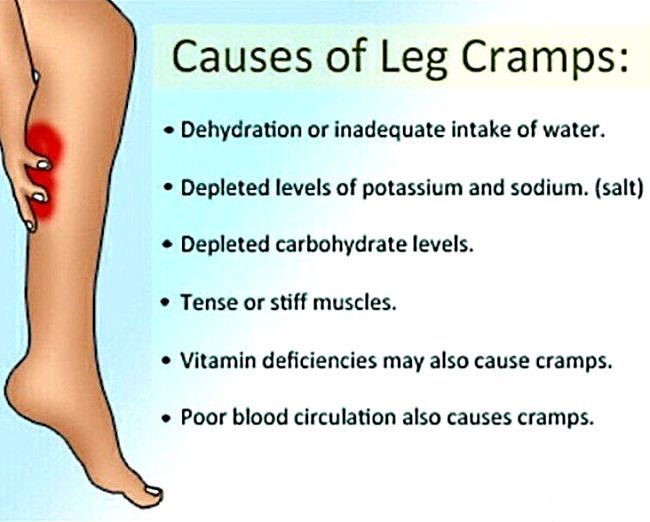 They are rarely objective, but still different things happen.
They are rarely objective, but still different things happen. - Describe the consequences of the error. If they are not, the punishment will be much milder.
- If possible, suggest a solution to the problem.
- Mark that this will not happen again.
For example, an explanatory note might look like this:
I made a mistake in payroll calculations because my computer broke down and I had to calculate manually.
I do not remove my guilt, I am ready to be punished. This will not happen again. If any malfunctions occur in the future, I will immediately contact the system administrator.
About failure to fulfill the plan, about failure to fulfill the order, about violations after the audit. It happens that they planned an event, but could not execute it. They gave the person a task, then they checked it - but he did nothing. It happens. But somehow you need to explain to the management why this happened. There may be different options. nine0003
nine0003
If the reason is objective, indicate it. For example:
The purchase of computer equipment planned for the first quarter did not take place because there was no funding. Please reschedule the purchase to the second quarter of this year.
Everything is in order here: the reason is objective and they suggested how to fix the problem. So it is possible.
Worse if there is nothing to explain. Then it will not be possible to avoid punishment.
Work injury. With an industrial injury, everything is always difficult. A well-written explanatory note can increase payouts, while a misspelled one can reduce them. nine0003
When a person just fell ill, the amount of temporary disability benefits depends on the length of service. If the insurance period is 8 years or more, 100% of average earnings will be paid. With insurance experience from 5 to 8 years - 80% of average earnings. With insurance experience less than 5 years - only 60% of average earnings.
Art. 7 of the Federal Law on compulsory social insurance
At the same time, the amount of payments may be reduced if the disease or injury occurred due to alcohol, drug, toxic intoxication or actions related to such intoxication. nine0003
Art. 8 of the Federal Law on compulsory social insurance
It is still more difficult with an industrial injury. If an accident occurs at work, regardless of the length of service, 100% of average earnings will be credited.
Art. 9 of the Federal Law on compulsory insurance against accidents at work
Therefore, in order to correctly calculate the sick leave, personnel officers often ask the employee to give explanations not only for industrial, but also for domestic injuries. The logic here is simple: if something happened, the employee is asked to explain where and how it happened. And based on the explanations, charges will be made. nine0003
For example, an employee brought a sick leave - he has a fracture. Where he received it is clear to the manager in principle, but everything must be recorded and properly executed. Therefore, the employee is offered to write an explanatory note. And then the employee has three options.
Where he received it is clear to the manager in principle, but everything must be recorded and properly executed. Therefore, the employee is offered to write an explanatory note. And then the employee has three options.
The first is to refuse to write. It is legal. But if the employee is insured against industrial accidents and he is entitled to insurance payments, then he will not be able to claim them. He did not declare that the injury was received at work - the right to insurance payments does not arise. And sick leave will be paid not at the rate of 100% of earnings, but taking into account seniority. nine0003
The second option - the employee writes in the explanatory note as follows:
After work, he was at home, slipped on the wet floor, fell and broke his arm.
In this case, everything is in order: the time is not working, no one is to blame, except for the employee himself, there is no one to punish and there is nothing for. Since there is no talk of an accident at work, the benefit will depend on the length of service of the employee.
But there is a third option. It might look something like this:
I slipped on the wet floor at work, fell and broke my arm. nine0003
In this case, you need to conduct an internal check and find out if any rules have been violated. If it turns out that they have been violated, to establish who is to blame. The culprit will need to be punished. It is not a fact that it will be the worker himself - perhaps the one who spilled water on the floor will be punished.
/travma/
What to do if you are injured at work
And there is another explanatory option:
Locksmith Ivanov A.A., while at his workplace, slipped and broke his arm. Witnesses Petrov and Sidorov explained that Ivanov used alcohol at work. nine0003
After that, Ivanov was sent for a medical examination to a medical facility. During a medical examination, he was found to be intoxicated. The conclusion on the establishment of the state of alcoholic intoxication is attached.
But in this case, they can reduce the amount of sick leave payments, and even dismiss them. The employer has the right to do so. Even if the employee is insured against an accident, you can not count on payments.
Therefore, I recommend limiting your explanations to facts that are relevant to the incident. Breaking a hand at home is one thing. To write in the explanatory note that he was on vacation, drank for a week, woke up and saw a cast - that's different. If it is possible not to inform the employer of facts that discredit, you can not do this. nine0003
How to write an explanatory note
- An explanatory note is a voluntary matter. You can always refuse. But this does not release from responsibility.
- You will not be punished for refusing to write an explanatory note, but it is better to explain to the employer what exactly happened. An explanation often helps to avoid or mitigate a penalty.
- The employer is obliged to notify the employee in writing that he has the right to write an explanatory note.
 If a person has stopped going to work, they are notified by telegram or SMS. nine0134
If a person has stopped going to work, they are notified by telegram or SMS. nine0134 - If there are no objective reasons for a misconduct, it is better not to invent them. Admit your guilt and point out that it won't happen again.
- Write concisely and clearly. So there is less chance that you will disclose unnecessary information.
Why some people are annoying for no reason and how to calm your nerves
November 8, 2022 A life
Usually it's about ourselves.
You can listen to the short version of the article. If it's more convenient for you, turn on the podcast. nine0500
It happens that a person wakes up and from the very morning his colleagues, acquaintances and close people make him angry. Or someone specific infuriates, and it is not clear why. We understand the causes of increased irritability.
Why we dislike some people so much, even if we don't really know them
That's why this can happen.
Because of a bad first impression
To compose it, we only need half a second to four hundredths. Of course, the opinion that has arisen in such a short time may turn out to be erroneous. For example, it is unlikely that by appearance it will be possible to objectively determine whether a person is kind or evil. At the same time, the initial sensations are of great importance to us, and it is not easy to forget about them. nine0003
According to psychologists from the Netherlands, Israel and the USA, we make our first impressions based on past experience. For example, if someone looks like our old offender, then he will be unpleasant just by his appearance. The opposite also happens: because of the appearance, we can expect too much from a person, and then be upset when he does not live up to expectations.
Not only the visual image affects the first impression. For example, it is known that we prefer people with similar views. We automatically enroll them in "good".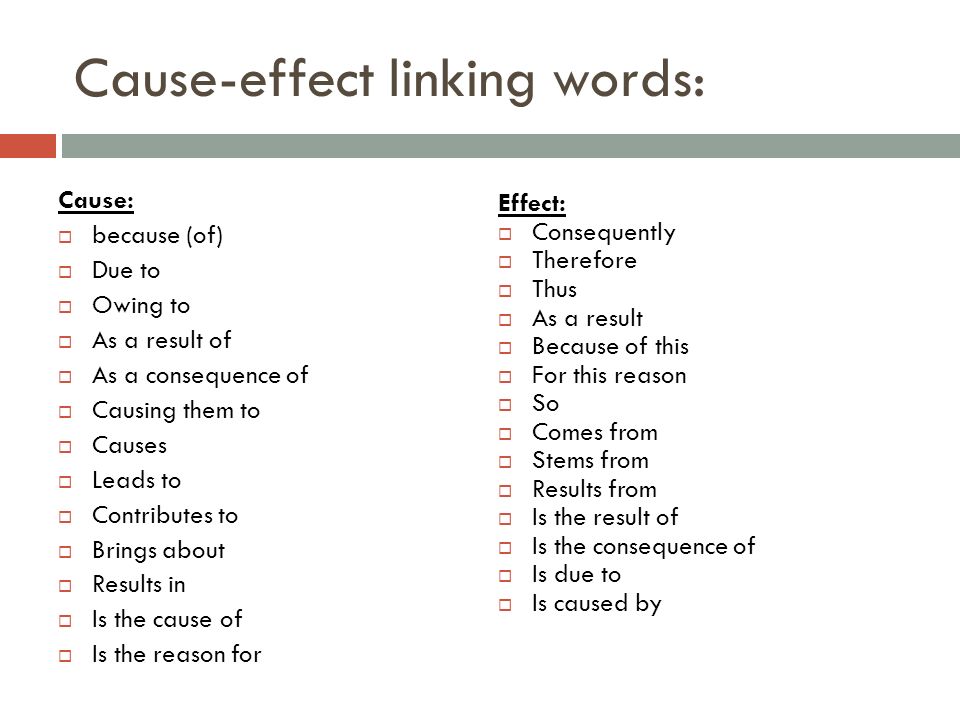 And vice versa, everything that seems strange, unknown, incomprehensible and alien to us, including in the behavior of other people, causes rejection. For example, a closed person may be annoyed by an interlocutor who is ready to share the details of his personal life with everyone. nine0003
And vice versa, everything that seems strange, unknown, incomprehensible and alien to us, including in the behavior of other people, causes rejection. For example, a closed person may be annoyed by an interlocutor who is ready to share the details of his personal life with everyone. nine0003
Because we see in them a reflection of our own shortcomings
It happens that people unconsciously suppress certain qualities in themselves and repress them. For example, because they consider them unacceptable or shameful. However, the traits still remain part of the personality of these people and attract them. As a result, there is an unconscious envy of those who openly demonstrate such sides of character.
Sometimes it's even easier. Strong hostility is caused by those behaviors that people do not like in themselves and want to eradicate. A critical attitude towards one's own shortcomings is translated into the negative qualities of another person and inflates them. Thus, a person who himself is often late becomes very annoyed when someone else makes him wait. nine0003
nine0003
Due to over-sensitivity
Certain behaviors, most often unconscious, can actually cause suffering. Sensitive people will react violently to unpleasant sounds, such as sniffing, smacking lips, or cracking fingers. It is not only unpleasant for them, but it is physically difficult to endure this. This is called intolerance to certain sounds, or misophonia.
Because of the behavior of the person himself
The cause of your irritability may also lie in the one who causes it. People often provoke negative reactions themselves. nine0003
They may behave rudely, disturb order and discipline, constantly interfere or distract from important business for the sake of useless chatter. It is natural that such behavior will cause discontent of others.
What else causes causeless irritability
Sometimes it can talk about problems with mental and physical health. For example, when everything in general enrages you and there is no reason for it.
Due to stress or depression
Irritability is one of the symptoms of stress and depression. Their presence is also indicated by a number of other signs:
- dizziness, headache, chest, stomach and muscle pain, palpitations;
- persistent bad mood and tired feeling;
- concentration problems, forgetfulness;
- depression or restlessness;
- low self-esteem and motivation;
- excessive or insufficient appetite;
- insomnia or drowsiness;
- active use of alcohol and tobacco;
- thoughts of suicide or self-harm; nine0134
- loss of libido.
Irritability is not the worst consequence of stress and depression. They can seriously undermine mental or physical health.
Due to lack of sleep
A person may not get enough sleep due to a broken schedule or sleep disorders such as insomnia or sleep apnea. The lack of proper rest will directly affect the mood: it is unlikely that a sleepy person will be happy with a talkative neighbor or a diligent intern who came with a bunch of questions early in the morning. nine0003
nine0003
Due to low blood sugar
Irritability is sometimes associated with hypoglycemia - low blood sugar. In this case, the following symptoms are also observed:
- sweating;
- feeling tired, weak;
- dizziness;
- tingling in the lips;
- trembling;
- palpitations;
- pallor;
- blurred vision;
- gaps in consciousness and difficulty concentrating; nine0134
- slurred speech, clumsiness, behavior of a drunk person;
- seizures, fainting.
Due to hormonal disorders
Irritability can be caused by fluctuating levels of various hormones. Since they control the processes in our body, such changes can greatly affect people's behavior.
For example, in men, irritability can be caused by a decrease in testosterone levels, and in women, hormonal fluctuations in premenstrual syndrome. nine0003
How to deal with irritability
There are several ways to prevent it or deal with its consequences.
Take care of your health
When a person is physically healthy, his mental state also stabilizes, which means he is less irritable. Here are some basic tips to help you lead a healthier lifestyle:
- Eat right. This can improve mood in general and reduce irritability in particular. Try to diversify your menu and eat less fast food, sweet and fatty. nine0134
- Sleep well. Sleep at least 7-8 hours a day. Go to bed at the same time and try to sleep at night.
- Exercise or just move more. It has been proven to improve physical and mental health. Find the type of activity you enjoy and regularly dedicate at least two and a half hours a week to it.
Identify the causes of your irritation and work through them
Most often they lie in ourselves, because people most likely do not intentionally try to annoy others. nine0003
You will have to work hard and learn to control your negative emotions. Irritation and anger distract us and prevent us from understanding the reason for what is happening.

